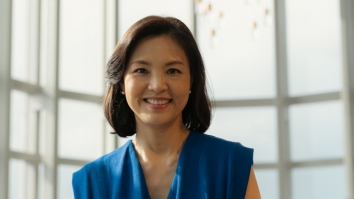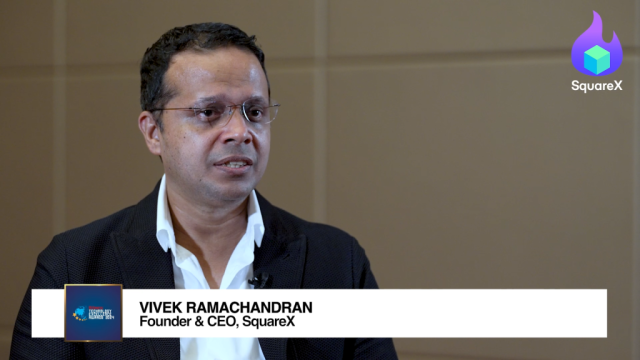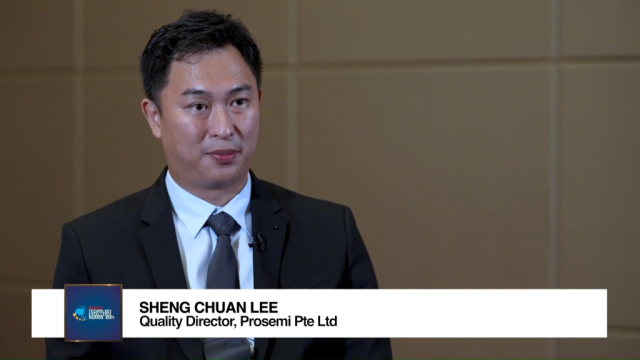Why Singaporeans must set aside time to think
By Mark DixonStop and think for a moment. Yes, think. We don’t do enough of it.
Think of all the time we spend chasing things, reacting to situations, allowing ourselves to be carried along by other people’s schedules and priorities. How often do we say we are too busy to think about something now? And what does this ceaseless activity achieve? Often very little.
So let’s think about the thinking process itself, how the brain works, and how we might make it work more quickly and efficiently.
The brain is not an object of predetermined size and shape that needs to be cajoled or stimulated into action. On the contrary, it is constantly changing shape. Every day, we refine our brains, developing the bits we find useful, strengthening those synapses, while forgetting things we find irrelevant, and letting those synapses die. This is great news for those of us who work in fast-changing businesses.
The challenge is to persuade people to retain and develop useful information, while letting go of the more sterile habits they may have picked up in previous jobs – like being attached to status, hierarchy and process. Since we are in business, not academia, we need speed of thought above all.
There are three areas of brain function to bear in mind: cognitive (the accumulation of knowledge); reflective (the ability toanalysethat knowledge), and affective (how we react emotionally). Broadly speaking, we concern ourselves with the cognitive potential of our youngest employees, the reflective powers of our experienced staff, and the emotional well-being of all.
We need to work with the grain, to respect people and appreciate the way their brains work best. In general, older people tend to work better in the mornings, whereas younger people are more responsive later in the day. It makes sense, therefore, to hold board meetings in the mornings; and to run training or induction courses in the afternoon or evening.
We also need to think about lifestyle, because there is overwhelming evidence that brain function is enhanced by a healthy lifestyle. This means we should think about how people behave at work, and whether it is conducive to healthy living.
The traditional 20th century white-collar model, whereby employees would typically commute to an office to sit at their desks for eight hours a day, provided minimal mental, social or physical stimulation and did almost nothing for brain function. But in those hierarchical days, thinking was a privilege reserved for the few.
Nowadays, when we place so much emphasis on the importance of innovation, we need people to be constantly coming up with new ideas. That is why, the modern workplace usually offers open spaces for meeting and talking, games areas for physical stimulation, and a more varied work schedule allowing for frequent consultation and changes of scene. It should also provide quiet areas for thinking.
As it happens, Regus now provides “think pods”, small physically enclosed spaces within our business lounges, where people can insulate themselves to a degree from the comings and goings around them, without being completely cut off from human contact. They are proving quite popular.
With flexible working, we are increasingly able to integrate work and domestic life in ways that suit us, take account of our lifestyle, and enable us to work at times and in situations where they are most productive. But people do not always know what is best for them, and enlightened employers can do a lot to make the working environment conducive to optimal brain function.
At the top of every employer’s list should be the kind of job training that helps to build a person’s cognitive brain. This might involve e-learning programmes, internal newsletters or intranets, even adult learning courses at local colleges and universities.
When it comes to building reflective brain function, the key is to ensure that people talk to each other, that they join professional associations, go to conferences, or join networking groups. Social networking should also be encouraged.
Finally, one of the most useful ways of building reflective brain function is to introduce a mentoring system that encourages senior staff to pass on their knowledge, while keeping them abreast of the changing perceptions of the younger generation.
The working environment, however, is only part of the job. If we are to get the most out of our people, we need to get personal.
At any age and at any time of day, learning can enhance our synaptic connections. But this only happens when affective brain function is working well – in other words, when we are in receptive mood, with our emotions reacting positively.
This is where it becomes essential that an employer takes a genuine interest in the emotional well-being of the employee. If you want people to think, you have to make it clear that you value them and want to hear their thoughts. This means speaking freely and encouraging them to speak freely in turn.
Productivity depends on brain function, which makes it the primary task of any employer to get to know their staff in order to create the conditions in which they can use their brains most effectively. We repeatedly insist that people are our greatest asset, but do we take sufficient care of those assets? We should think about them more – and thereby give them more opportunity to think for themselves, and for the business.

























 Advertise
Advertise









